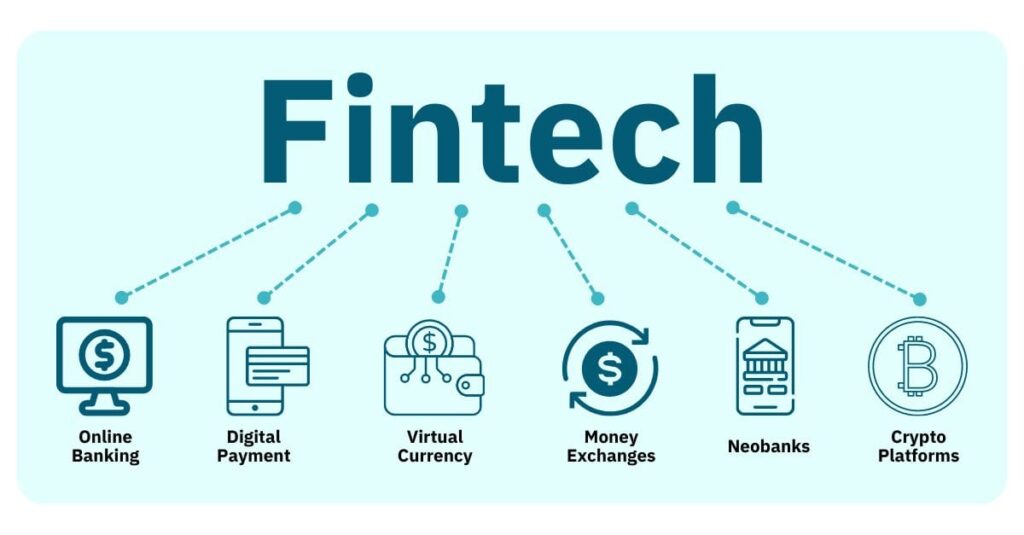Nigeria’s fintech sector is on the cusp of a renaissance. After years of reticence due to sharp naira volatility, tech-driven financial services companies are once more embracing the lucrative diaspora remittance market, now estimated at around $20 billion in annual flow.
Table of Contents
Naira stability brings optimism back
Nigerian fintechs reported heightened optimism in mid-2025, fueled by a more stable naira. The Central Bank of Nigeria’s reforms—including exchange rate liberalization and increased forex reserves—have helped tame wild currency swings. That newfound predictability is critical for remittance-focused operators, as it reduces forex loss risk and builds trust among overseas Nigerians and recipients.
In late 2024, capital inflows surged, with monthly remittance volumes doubling to about $600 million—a number the Central Bank aims to push to $1 billion per month.

A growing diaspora sends record amounts
Data from the World Bank confirms that remittance inflows reached $20.98 billion in 2024, the highest level since 2019. Personal transfers alone totalled $20.93 billion, underscoring the sector’s dominance in channelling external financial support back to Nigeria.
This surge reflects robust immigrant earnings, diaspora confidence in Nigeria’s economic reforms, and fintech innovation smoothing the remittance process.
Fintechs re-enter the frontier
Major Nigerian fintech players—Kuda, Moniepoint, Palmpay, LemFi, and Flutterwave—are ramping up efforts to capture remittance volumes that had previously shifted toward traditional banks and money transfer operators.
- Kuda is reportedly piloting new cross-border payment solutions targeting African and European remitters.
- Moniepoint, recently valued at over $1 billion, is aggressively venturing into diaspora remittances.
- Palmpay and LemFi are enhancing their foreign payout channels.
- Flutterwave, already a global payment gateway, is deepening its partnerships with international agents.
Their renewed engagement signals confidence in the currency’s strength and shows the potential for tech-first platforms to capture significant market share.
Why currency matters
For fintechs, currency fluctuation directly hits margins. When the naira weakens rapidly, it deters senders and inflates recipient costs. Stability in the foreign exchange market brings:
- Predictable conversion rates—helping fintechs maintain pricing and transparency
- FX risk reduction—daunting for lean fintech budgets
- Consumer confidence—with users trusting the value they and their recipients will receive
These factors make a stable Naira essential for scalable fintech operations aimed at remittances.
Central Bank targets and tech leverage
Governor Olayemi Cardoso’s new FX regime has attracted diaspora interest. The CBN’s ambition to double monthly remittances to $1 billion speaks volumes. A diaspora bond floated through US markets has also been signalled as a path for increasing formal Nigerian inflows.
Fintechs are leveraging this momentum by investing in:
- Multi-corridor payout networks, enabling direct transfers to bank accounts, wallets, or cash pickup.
- Compliance and security infrastructure, including Know-Your-Customer (KYC) and anti-money laundering (AML) protocols.
- Mobile-first user experiences tailored to both senders and receivers.

Competitive landscape: banks vs fintechs
Banks retain the upper hand in regulatory coverage and physical footprint. However, fintechs win in:
- Speed: Instant or near-real-time transfers vs. slower traditional methods
- Cost: Leaner fee structures
- User experience: Seamless, app-based remittance journeys
To stay competitive, banks are digitising, while fintechs are partnering with international payout services and money transfer firms.
Risks and regulatory oversight
Despite upbeat sentiment, challenges linger:
- Potential fiat volatility—should FX controls slacken or global commodity prices shift
- Regulatory scrutiny—as fintechs grow, central authorities are intensifying oversight around consumer protection
- Operational risk—cybersecurity threats or onboarding inefficiencies could deter users
Fintechs are responding by deepening their compliance capabilities and diversifying currency and liquidity strategies.
Economic and consumer impact
These developments have tangible effects:
- Foreign exchange lift: Remittances now comprise a meaningful share of forex inflow, enhancing the CBN’s reserves and stabilizing the naira.
- Household support: Faster, cheaper remittances improve living standards, access to education, health, and small-business funding.
- Fintech expansion: With strong remittance revenues, fintech firms can reinvest in innovation, job creation, and regional expansion.

What comes next?
Looking ahead, success for Nigeria’s remittance-driven fintech boom hinges on:
- Maintaining FX stability—sustained central bank policies and forex liquidity
- Infrastructure growth—better cross-border rails and faster settlement systems
- Regulatory clarity—supporting innovation while ensuring consumer protection
- Fintech scalability—balancing rapid growth with risk and compliance management
If they hit the $1 billion monthly flow target, Nigeria could surpass $12 billion a year in remittance transfers—a windfall for both fintech players and citizens.
Final thoughts
With the naira perched on firmer ground, Nigerian fintechs are rekindling their ambition in one of Africa’s largest financial markets. What was once a risk-laden sector is becoming a cornerstone of the digital economy, offering pathways for innovation, inclusion, and growth.
The key will be sustaining current macroeconomic policies while fintechs refine their service offerings. The spoils await the agile, compliant, and consumer-centric platforms that seize the moment.
Join our WhatsApp community
Join Our Social Media Channels:
WhatsApp: NaijaEyes
Facebook: NaijaEyes
Twitter: NaijaEyes
Instagram: NaijaEyes
TikTok: NaijaEyes







































